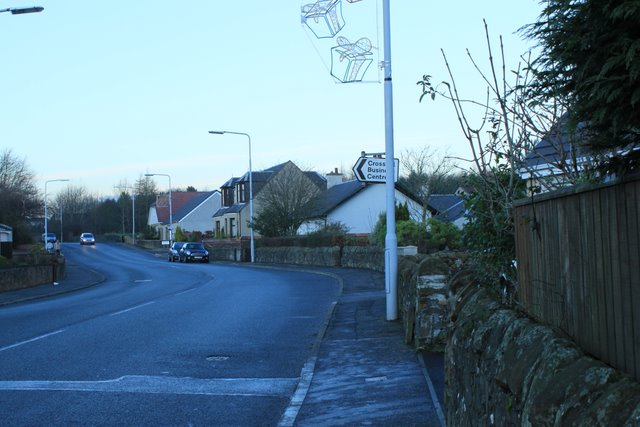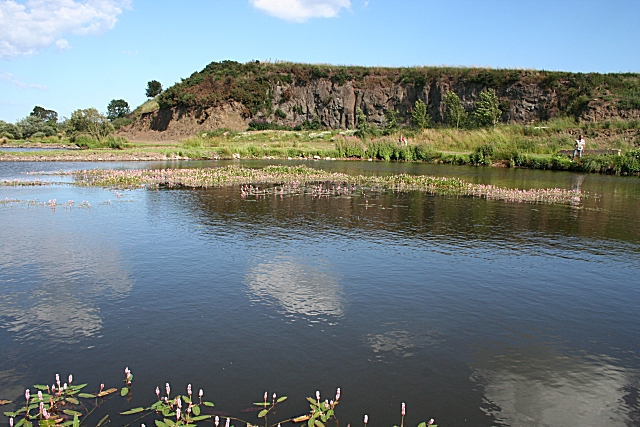|
Glencraig
Glencraig is a very small former mining village in Scotland, situated in the Benarty area of Fife, between Crosshill and Lochgelly. The village's population has decreased significantly since the decline of the coal-mining industry during the 1970s and 1980s. There are two memorial notice boards in the vicinity of the village. One is dedicated to the colliery and the other to the village. Notable people * Jock Aird John Rae Aird (18 December 1926 – 14 June 2021) was a footballer who played for both the Scotland and New Zealand national sides. Life and career Born in Glencraig, Fife, Aird started his professional career with Burnley, whom he joined fr ... - association footballer * Peter Aird - association footballer * Jim Comerford - trade union leader, miner, writer References Villages in Fife Mining communities in Fife {{Scotland-geo-stub ... [...More Info...] [...Related Items...] OR: [Wikipedia] [Google] [Baidu] |
Jim Comerford
James Comerford (13 September 1913 – 8 November 2006) was an Australian trade unionist, activist, writer and miner who was national general secretary of the Australian Coal and Shale Employees' Federation and served as its Northern New South Wales president from 1953 to 1973. Biography Early life James Comerford was born in 1913 in Glencraig in Fife, Scotland. When Jim was nine his family moved to Kurri Kurri in the Hunter Valley of New South Wales, Australia after his father had been blacklisted from a Scottish mine. At the age of 13 he got a job at a local newspaper, but he soon left it to work in the mines. 1929–30 lockout and Rothbury riot When he was 15 he was among the miners in the Rothbury riot of 16 December 1929, when a lockout in the collieries of northern New South Wales led to miners charging the gate of the colliery in or near Rothbury and police opened fire on them in response. Union career, activism and politics In 1942 he became the youngest person ever to ... [...More Info...] [...Related Items...] OR: [Wikipedia] [Google] [Baidu] |
Peter Aird
Peter Aird, Jr. (29 August 1921 – 6 December 2000) was a Scottish professional footballer, who played in the Scottish Football League for Hibernian and East Fife. Biography Aird was born into a coal-mining community of Glencraig, Fife. His family had come from Ayrshire to work in the mines. His father, also named Peter Aird, served as a corporal in the Gordon Highlanders during the First World War, and played for local side Glencraig Rovers with future professionals Mick Gilhooley and Bob Rowan. In 1927, Peter Aird, Sr. was among 20 miners convicted of mobbing and rioting during a strike at the Glencraig Colliery. The miners were convicted assaulting police officers and other miners returning to work and causing significant damage to the colliery equipment and buildings. According to a local historian, Peter Aird was not involved in the violence but—as he was a member of the Communist Party of Great Britain—was singled out to serve as an example. He served nine months ... [...More Info...] [...Related Items...] OR: [Wikipedia] [Google] [Baidu] |
Jock Aird
John Rae Aird (18 December 1926 – 14 June 2021) was a footballer who played for both the Scotland and New Zealand national sides. Life and career Born in Glencraig, Fife, Aird started his professional career with Burnley, whom he joined from Perth junior side Jeanfield Swifts in 1948. A feisty but consistent left-back, he earned international recognition towards the end of his seven-season spell at Turf Moor, making his Scotland debut against Norway in May 1954, at the age of 28. He was then selected in the squad for the upcoming World Cup finals and was one of only 13 players who actually travelled to Switzerland, the SFA opting not to use the full complement of 22 permitted. He played in both matches at the finals as Scotland capitulated in the first round, losing to Austria (1–0) and Uruguay (7–0). The following year, Aird left Burnley and emigrated to Gisborne in New Zealand. There he played for Eastern Union FC, eventually earning selection for the national ... [...More Info...] [...Related Items...] OR: [Wikipedia] [Google] [Baidu] |
Scotland
Scotland is a Countries of the United Kingdom, country that is part of the United Kingdom. It contains nearly one-third of the United Kingdom's land area, consisting of the northern part of the island of Great Britain and more than 790 adjacent Islands of Scotland, islands, principally in the archipelagos of the Hebrides and the Northern Isles. To the south-east, Scotland has its Anglo-Scottish border, only land border, which is long and shared with England; the country is surrounded by the Atlantic Ocean to the north and west, the North Sea to the north-east and east, and the Irish Sea to the south. The population in 2022 was 5,439,842. Edinburgh is the capital and Glasgow is the most populous of the cities of Scotland. The Kingdom of Scotland emerged as an independent sovereign state in the 9th century. In 1603, James VI succeeded to the thrones of Kingdom of England, England and Kingdom of Ireland, Ireland, forming a personal union of the Union of the Crowns, three kingdo ... [...More Info...] [...Related Items...] OR: [Wikipedia] [Google] [Baidu] |
Fife
Fife ( , ; ; ) is a council areas of Scotland, council area and lieutenancy areas of Scotland, lieutenancy area in Scotland. A peninsula, it is bordered by the Firth of Tay to the north, the North Sea to the east, the Firth of Forth to the south, Perth and Kinross to the west and Clackmannanshire to the south-west. The largest settlement is the city of Dunfermline, and the administrative centre is Glenrothes. The area has an area of and had a resident population of in , making it Scotland's largest local authority area by population. The population is concentrated in the south, which contains Dunfermline, Kirkcaldy and Glenrothes. The north is less densely populated, and the largest town is St Andrews on the north-east coast. The area is governed by the unitary Fife Council. It covers the same area as the Counties of Scotland, historic county of the same name. Fife was one of the major Picts, Pictish monarchy, kingdoms, known as ''Fib'', and is still commonly known as the ... [...More Info...] [...Related Items...] OR: [Wikipedia] [Google] [Baidu] |
Crosshill, Fife
Crosshill is a village in Fife, Scotland, situated just south of Lochore and east of Loch Ore. History Crosshill was the site of a murder committed by one of Scotland's youngest offenders. Nicolle Early, aged 16 at the time, killed Ann Gray in her Crosshill home on 14 November 2008. Notable residents * Richard Jobson Sport Crosshill is home to the football Football is a family of team sports that involve, to varying degrees, kick (football), kicking a football (ball), ball to score a goal (sports), goal. Unqualified, football (word), the word ''football'' generally means the form of football t ... club Lochore Welfare, who compete in the . References Villages in Fife Mining communities in Fife {{Fife-geo-stub ... [...More Info...] [...Related Items...] OR: [Wikipedia] [Google] [Baidu] |
Lochgelly
Lochgelly ( ; , IPA: �ɫ̪ɔxˈʝaɫ̪ai is a town in Fife, Scotland. It is located between Lochs Ore and Gelly to the north-west and south-east respectively. It is separated from Cowdenbeath by the village of Lumphinnans. According to the 2007 population estimate, the town has a population of 6,834. History Lochgelly, as part of the old parliamentary constituency of West Fife, was known as " Little Moscow" up to the 1950s owing to its Communist political leanings. An area of Lochgelly was known as the Happy Lands (or Happy Valley) and is referenced in the Scottish folk song 'The Kelty Clippie'. The town is served by Lochgelly railway station on the line between Edinburgh and Markinch. Economy In the 1970s new investment was brought in the form of a factory and development office built by the Andrew Corporation. This created microwave antennae under the banner of Andrew Antennas, symbolised by a red lightning flash on the dishes they made. These dishes were primarily fo ... [...More Info...] [...Related Items...] OR: [Wikipedia] [Google] [Baidu] |
Villages In Fife
A village is a human settlement or community, larger than a hamlet but smaller than a town with a population typically ranging from a few hundred to a few thousand. Although villages are often located in rural areas, the term urban village is also applied to certain urban neighborhoods. Villages are normally permanent, with fixed dwellings; however, transient villages can occur. Further, the dwellings of a village are fairly close to one another, not scattered broadly over the landscape, as a dispersed settlement. In the past, villages were a usual form of community for societies that practice subsistence agriculture and also for some non-agricultural societies. In Great Britain, a hamlet earned the right to be called a village when it built a church.-4; we might wonder whether there's a point at which it's appropriate to talk of the beginnings of French, that is, when it wa ... ''village'', from Latin ''villāticus'', ultimately from Latin ''villa'' (English ''villa''). Ce ... [...More Info...] [...Related Items...] OR: [Wikipedia] [Google] [Baidu] |




